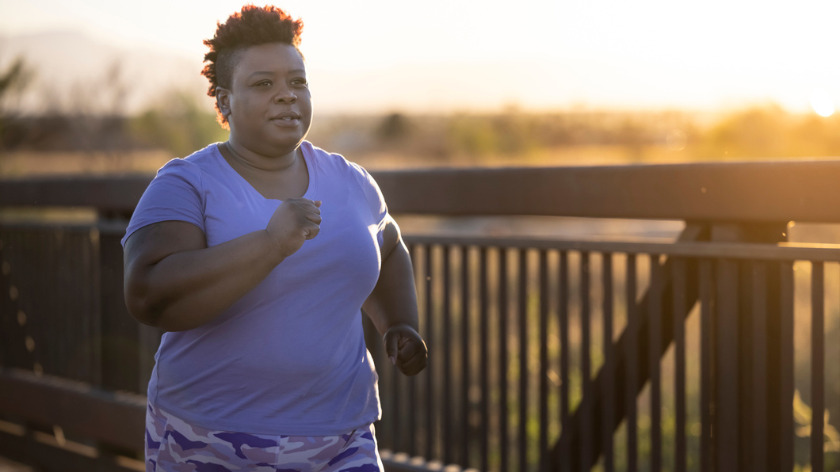Looking beyond the individual to understand how their environment impacts their wellbeing creates a more nuanced view of a person’s health. As the world around us changes, research shows that food insecurity continues to affect global communities, influenced by factors including unemployment, racial disparities, neighborhood conditions, and transportation options, or lack thereof.
Despite our best intentions, these factors can make accessing “better for you” foods challenging and inconvenient, leading to what scientists call an ‘obesogenic’ environment. That is, we are surrounded by environmental factors that can promote obesity. We know that eating less processed and refined foods is an essential part of a healthy, balanced diet. However, finding health-promoting options is only part of the battle, considering that you may also hit an economic barrier due to the higher cost associated with organic, healthy foods.
Another environmental factor we must overcome is that our world seems to encourage us to be sedentary rather than active. Many people need to drive long distances, spending a couple of hours commuting in their car daily. Others may not have long commutes but do need to sit for multiple hours during the day at an office job, limiting their ability to spend time being active.
Our neighborhoods are also not always the best or safest option when we want to spend time outdoors, as many communities lack adequate sidewalks, parks, bike lanes, trails or other ways to help make outdoor activities safe for residents. This can create further physical and financial barriers as people must commute somewhere they can be active and often need to spend money in the process, most often accomplished by joining a gym.
Understanding the barriers we face to becoming healthier is an important part of what we do at Vitality. We know people want to be healthier, but healthy is hard! Overcoming these challenges is no small feat, but we can help provide you with the tools to focus on health-promoting behaviors, such as setting goals, participating in challenges, and offering enticing incentives, to help you feel like your healthiest self.
With a PhD in Exercise Physiology, Jonathan Dugas spends his days thinking about how we can help more people be more active. With four Ironman finishes and 13 marathons and counting, he’ll see you out on the road.







